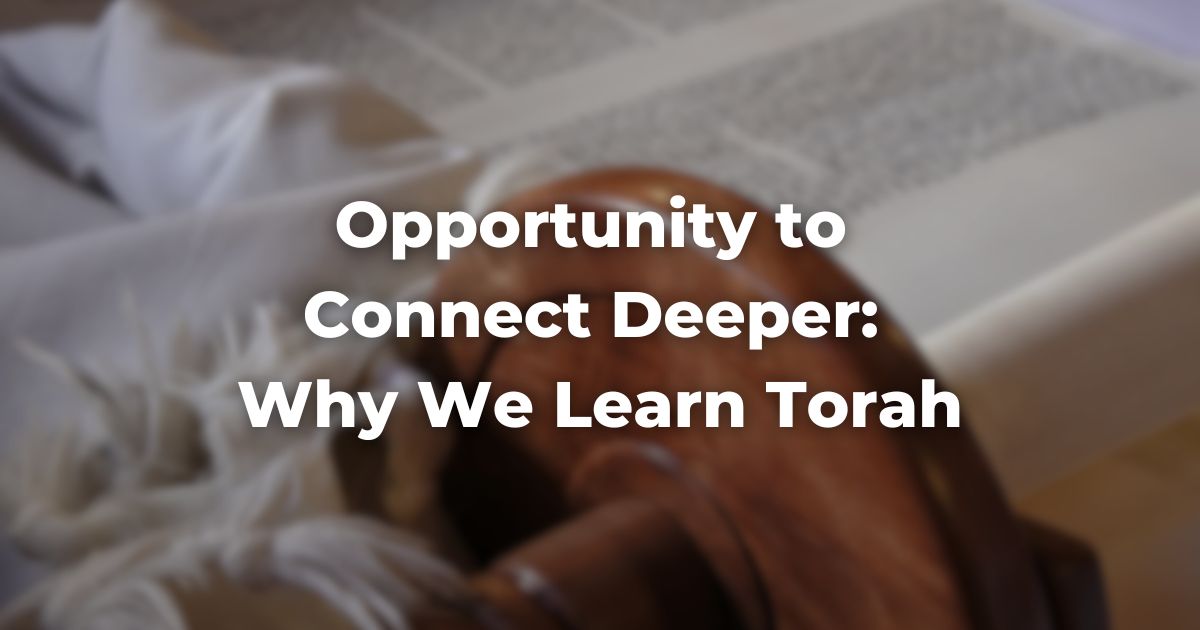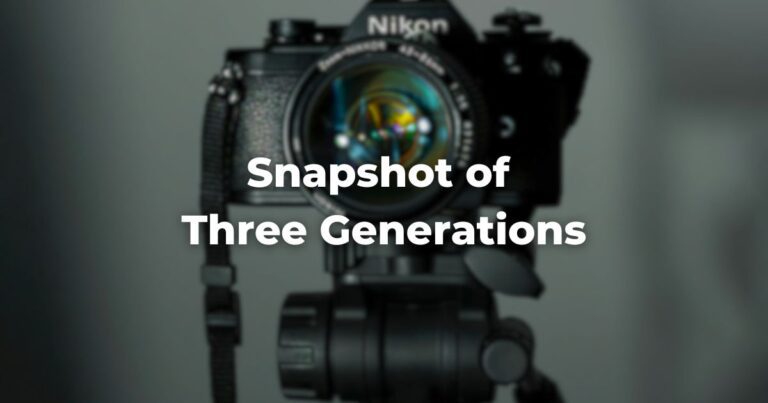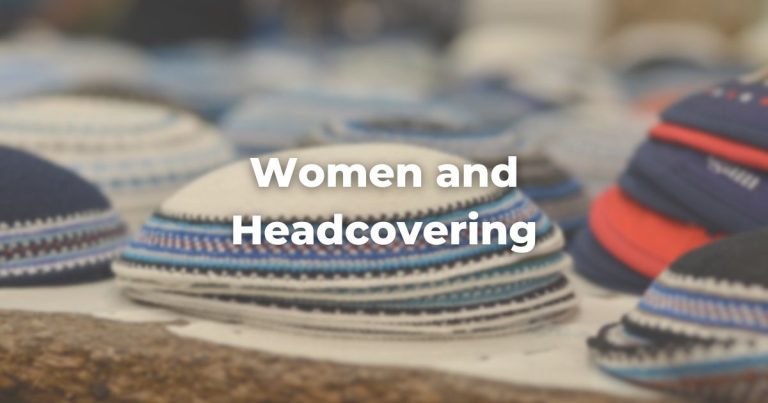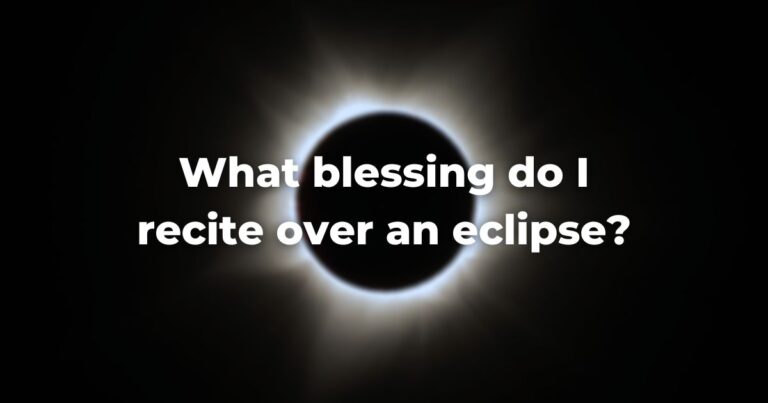It is easy to get caught up in the trials and tribulations of everyday life. There is so much for each of us to worry about. For me, I worry about my children, about my aging father and mother-in-law, about my taxes, my health, whether I’m doing a good job at work, whether I’m a good husband, father, brother, or friend. Each of us has our own lists; I’m sure some of your overlap with mine, and you likely also have your own personal ones.
As easily as anyone else, I can forget the grandiose, profound, spiritual truths of our tradition and get lost in the muddle and chaos of the mundane.
And, perhaps that is the point.
Almost five and a half years ago, I started daf yomi, a daily regimen of studying the TalmudReferring to one of two collections, the Jerusalem and Babylonian Talmuds, edited in the 6th century, that contains hundreds of years of commentary, discussion, and exploration of the ideas in the Mishnah. One could describe it as Mishnah + Gemara = Talmud Read more. I did it for two primary reasons: First, Talmud was not my strength in rabbinical school and I felt that, as a rabbi, I should work on that. And second, because I felt myself getting so caught up in what I was doing on a day-to-day basis that I felt I needed to connect with something deeper than my to-do list. I needed something more.
While on that journey, my TorahRefers to the first five books of the Hebrew Bible, the Tanakh, also called the Five Books of Moses, Pentateuch or the Hebrew equivalent, Humash. This is also called the Written Torah. The term may also refer to teachings that expound on Jewish tradition. Read more study has guided me through a lot—a worldwide pandemic (and all that came with that), the loss of friends, a move and a new job, health scares, my daughter’s bat mitzvah and then starting high school (and getting her driver’s license), starting to prepare my son for his bar mitzvah, road trips, vacations, and so much more.
Not every day was profound, but each day gave me an opportunity to connect with something deeper than my daily life.
Torah study isn’t always glamorous. Not every time I open my HumashA collection of the Five Books of Moses, Pentateuch, or the Hebrew equivalent. Includes the haftarot readings, and usually contains some commentary. It is often used on Shabbat mornings to help follow the Torah reading. Read more or my Talmud do I receive a jolt of inspiration. There are days when the conversation or text feels every bit of the 1000+ years away from my life that it is. But there are two things I can do every day:
1. I can ask myself, how did what I just read apply to my life?
It is easy to dismiss conversations about the Temple or sacrificial worship as written for a particular time and place and no longer relevant to the world we live in. But the Jewish tradition doesn’t believe that’s the case. Rabbis for centuries argue that every word has something to say to us right now. We just need to be open to listening and ask how it might apply to us.
2. I can give myself an opportunity.
I can step outside the boundaries of everyday life and deal with eternal concerns. I can stop for whatever period I am studying to see what wisdom, answers, or messages are being sent across space and time that I can apply to my life right here, right now.
Sometimes it works; sometimes it doesn’t. But I know if I don’t study, I won’t find it right now.
To better see this moment in our lives, we need to step into something eternal, which can give us a better perspective on where we are.
Torah study is an act of kedushah, “holiness.”
But I don’t think of my studies as kodesh, holy, in the way we often think of it as something only certain (other) people can do.
Rather, I think of it in its biblical sense, where something kodesh is set aside, distinct, and different. Torah study is kodesh because it is a time I set aside for myself to step out of my life, try to gain answers and wisdom to what I’m struggling with, and connect with something eternal.
We all have access to this, as long as we try. And, God willing, perhaps the wisdom, messages, connection, and opportunities we give ourselves by doing so can help each of us live better, wiser, and more connected lives.
Author
-
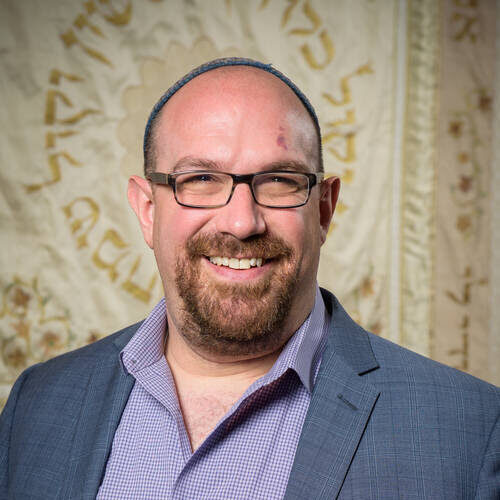
Rabbi Steven Henkin is the rabbi at Temple Beth-El in Birmingham, AL, ordained at the Ziegler School of Rabbinic Studies in Los Angeles. He is passionate about building community, both within and outside the Jewish community, education both of children and adults, and making Judaism meaningful and relevant to the daily life of 21st Century Jews. He loves music, exercise, cooking, and being outdoors. He shares his adventures with his wife, Orly, their children, Dinah and Noah, and their dog, Maccabee.
View all posts

